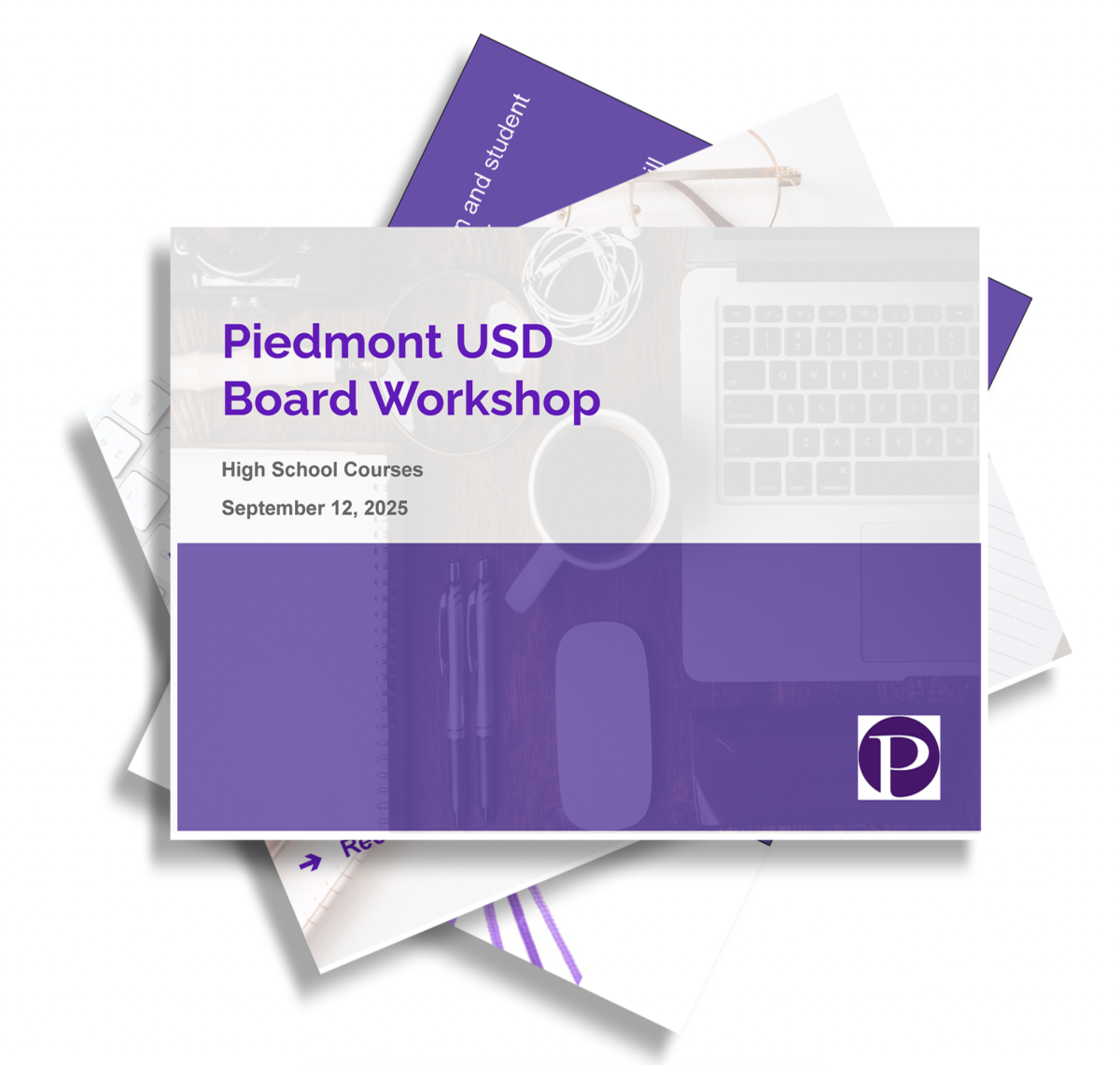We talk about college prep. We talk about career goals. We even talk about the dangers of vaping. But when it comes to healthy discussion about sex, the conversation at Piedmont is shockingly silent. That silence has consequences.
Firstly, it’s crucial to define what exactly hook-ups are. The American Psychological Association (APA) describes “hook-ups” as “uncommitted sexual encounters”— anything ranging from kissing to intercourse, adding that these encounters often transpire without any desire for a traditional relationship.
According to the National Institute of Health, 34% of high school students have hooked up. This figure is surprisingly close to the roughly 50% of students who have been on a date before graduation. The problem with this is an increasing pressure to participate in hookup culture without a proper understanding of the consequences – both physical and emotional.
For women, those consequences are often amplified by the judgement and scrutiny they face. It isn’t just about preventing STIs or unplanned pregnancies, although those are incredibly important. It’s about creating a culture of respect, understanding consent, and recognizing the emotional toll that risky sex can take, especially when there’s such a stark double standard.
In a survey of over 40,000 Penn State students, over half of women reported feeling that they had been disrespected for hooking up, compared to 22 percent of men. This is ironic considering men are statistically more likely to hook-up.
In recognition of consent assemblies already fulfilling a role in emphasizing this, I propose a more in-depth sexual education curriculum in the mandatory health course. For example, when learning about effective birth control measures, it’s important to note not only the method of application and efficiency at preventing pregnancy, but also costs and possible side-effects; something lacking in the current curriculum. This way, every student would receive the benefit of a deeper understanding of these topics and be able to avoid stressful situations.
Additionally, hook-up culture is widely romanticized in modern media, often depicted as coming with no strings attached. The drawback of this is that it sets a precedent of unrealistic expectations for short-term intimacy, something especially prevalent in adult content.
“While certain measures like school assemblies are helpful on a wider scale, it’s up to peers to hold us accountable when it comes to healthy discussion around sexual encounters,” junior Laurel Minor said.
Beyond what our school can do, change comes far more swiftly if it’s us taking action.
This isn’t about telling people not to hook up. It’s about empowering them to make informed choices, to understand the potential consequences, and to navigate the complexities of sex and relationships in a healthy and respectful way. It’s about creating a culture at Piedmont where everyone feels safe, respected, and supported, regardless of their choices.
Categories:
PHS Hooked on Hook-Up Culture
Luck Peterson, Opinions Editor
Feb 13, 2025
0
Donate to The Piedmont Highlander
Your donation will support the student journalists of Piedmont High School. Your contribution will allow us to purchase equipment and cover our annual website hosting costs.
More to Discover
About the Contributors

Luck Peterson, Opinions Editor
Luck Peterson (12) is one of TPH’s opinion editors. He plays volleyball and is interested in photography.

Ruby Johnson, Managing Web Editor
Ruby Johnson (12) is the Managing Digital editor for TPH. In her free time, she plays lacrosse and water polo. Ruby also enjoys traveling and hanging out with her friends.





























